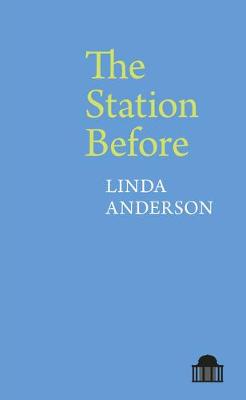Pavilion Poetry
1 total work
Shortlisted for the Seamus Heaney First Collection Poetry Prize 2021
Linda Anderson's much anticipated first collection travels across time and space, employing a range of voices, including historical ones. At the heart of the collection, though, is always the moment of encounter, the moment when things appear strange, before they settle into a pattern or become known. This is as true of the explorer Charles Kingsley, awed by the Caribbean landscape, as it is of the poet herself, confronted with moments of vision or almost vision, either in her own travels, or in the ordinariness of a domestic life. Nothing is quite secure in this collection: memory destabilizes with its resurrections; seeing has many angles and cannot be taken for granted; borders fluctuate and crossings abound. And although not afraid to draw on ideas from many sources, these poems often explore how thinking masks a fragility, the knowledge of our mortal selves. What are the fragments that make a poem, the book asks? How are they held within a form? And how do we negotiate the multiple memories, ideas, sights, meetings, and losses which constitute us and our complex selves.
Linda Anderson's much anticipated first collection travels across time and space, employing a range of voices, including historical ones. At the heart of the collection, though, is always the moment of encounter, the moment when things appear strange, before they settle into a pattern or become known. This is as true of the explorer Charles Kingsley, awed by the Caribbean landscape, as it is of the poet herself, confronted with moments of vision or almost vision, either in her own travels, or in the ordinariness of a domestic life. Nothing is quite secure in this collection: memory destabilizes with its resurrections; seeing has many angles and cannot be taken for granted; borders fluctuate and crossings abound. And although not afraid to draw on ideas from many sources, these poems often explore how thinking masks a fragility, the knowledge of our mortal selves. What are the fragments that make a poem, the book asks? How are they held within a form? And how do we negotiate the multiple memories, ideas, sights, meetings, and losses which constitute us and our complex selves.
